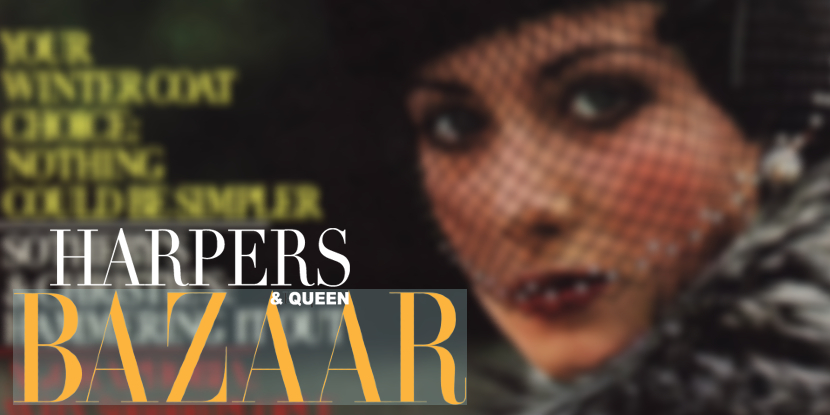A few years back, we all fell in love with dating. It can probably be traced (like many things) to Sex and the City. What fun it looked: dressing up in gorgeous dresses, with shoes so expensive that no man could ever appreciate them, to flit between gallery openings and fashionable restaurants with a series of sexy writers, politicians and jazz musicians who would never make husband material but might provide hot nights out. Dating became a hobby; we forgot about the long-term goal, and embraced the short-term entertainment.
But Sex and the City is over, and something in the air has changed. What on earth have we been doing for the past five years? Hanging around in £600 heels, conversing over squid-ink pasta with men we aren’t going to marry? Enough already. Time for the new phase.
The new phase is about Taking It Seriously. It’s about choosing men more discriminately, talking more deeply, thinking further ahead. And thinking further ahead in romance – just as in finance -sometimes involves consulting a professional expert.
We are entering the age of the Personal Dating Agent. We are bored of smooching in taxis and working out the details later. We’re ready to try it the other way round: starting with compatibility, and getting to the sex bit afterwards. Speed dating and internet dating have torn the stigma away from ‘being fixed up’ and have put matchmaking back on the public agenda. But, even with these methods, you’re stuck with trusting your own judgment and taking your chances alone. The people who are really Taking It Seriously are paying top dollar to put the whole business in the hands of an experienced and canny caretaker.
They are turning to matchmakers such as Karen Mooney from Sara Eden, an elite introduction service that has seen a 25 per cent boom in sign-ups over the past two years. The new clients are not ‘losers% quite the reverse, these are men and women with such high-powered careers that it would be inappropriate to date colleagues at work, and who have too little free time to waste hanging around in bars.
‘If you want a house, you go to an estate agent,’ says Mooney. `If you want a husband, you should come to us. People seem to put more thought into choosing a house, a car or even a dress than they do into finding a partner. The more successful you are, the more difficult it can be to meet somebody’.
Of course, any decent matchmaker will claim that her clients are marvellous, so when I was talking to Mooney (or rather, the moment she left the room to make tea), I snatched up a book of profiles. The men were indeed impressive: company directors, investment bankers, doctors – all of whom seemed to read John Grisham and ski. More encouraging even than the fat handbook of eligible men was the giant montage of wedding photos on the office wall; there was a glare of white chiffon, draped on the bodies of the hundreds of women Mooney has successfully married off.
But the handbook and the montage and the albums of baby pictures are just the shop window. Karen conducts an in-depth personal inter-view with everybody who comes to her (asking questions about hopes and dreams, past and present, family and career, lifestyle and regrets) until she is ready to select 50 potential partners for you. You can choose your favourite 10 of these – and the dating process begins. The surge in sign-ups for this and other ‘introduction services’ is new, but the practice is as old as time. Our great-grandmothers would have been amazed by the idea of settling down with some guy you just bumped into and fancied at a party. The history of British marriage is founded in property deals and the careful introduction of social equals. The canny lady matchmaker (whether a dowager aunt or a well-connected family friend) has been with us for centuries. Just think of Jane Austen, and all those grand Regency chaperones stirring their creamy social pots, matching eligible women with chaps of appropriate status and wealth. We often talk of arranged marriage in Chinese or Indian cultures, as though it weren’t a perfectly noble English tradition as well.
The English, too, worked on the assumption that long-term happiness and stability would spring from similar life-styles, backgrounds and aspirations. Or, in the more cynical cases, impoverished aristocrats were paired with wealthy social climbers in the hope that romance would flower in the bed of convenience.
Since matchmaking fell out of fashion, leaving us in a haphazard world of romantic guesswork, millions of people have divorced and thousands more are unhappily single. It was inevitable that, sooner or later, we’d give our great-grandparents’ methods one more spin.


